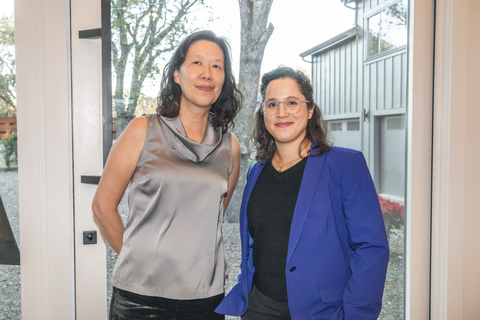SAN FRANCISCO– Encellin, a biotechnology company developing a cell encapsulation platform with an initial focus on Type 1 Diabetes (T1D), announced the closing of a $9.9M financing round led by Khosla Ventures, with participation from Y Combinator.
Encellin has developed an Encapsulated Cell Replacement Therapy (EnCRT) to isolate therapeutic cells from the body’s immune system, to help therapeutic cells survive in the body. Once implanted, cells within the porous EnCRT are able to exchange the biomolecules with the body, which Encellin seeks to demonstrate will provide a therapeutic benefit and function as a living medicine.
Preclinical data with its first candidate, using ENC-201 in T1D, reported no fibrosis, or immune response, while maintaining cell viability and function. Preclinical data also demonstrated that primary islets encapsulated with Encellin’s EnCRT may be able to reverse T1D.
The new funding will advance a Phase 1 clinical trial evaluating subcutaneous transplantation of primary islets within Encellin’s EnCRT in T1D. First-in-human data from the Phase 1 study is expected next year. The financing will also be used for team expansion and further development of the technology platform.
“This new financing led by Khosla Ventures, enables us to advance development of our Cell Encapsulation platform, which aims to provide years of therapeutic benefit with a single implant. The technology can be used in a variety of different indications, beginning with chronic endocrine disorders,” said Crystal Nyitray, Ph.D., CEO & Co-Founder, Encellin. “Using advanced nanotechnology and bioengineering, we have developed biocompatible materials into permeable, soft pouches designed to support cell function. We look forward to advancing the use of our EnCRT loaded with primary islet to enable responsive insulin delivery for patients with high risk T1D.”
“The cell is essentially a nanorobotics-based machine. Encellin has developed a technology that safeguards implanted cells and transforms them into programmable molecular factories in the body, releasing therapies when needed,” said Alex Morgan, Partner, Khosla Ventures. “With an initial focus on type 1 diabetes, Encellin’s technology shows promise to be able to deliver a whole range of living medicines from engineered cells.” (IANS)


